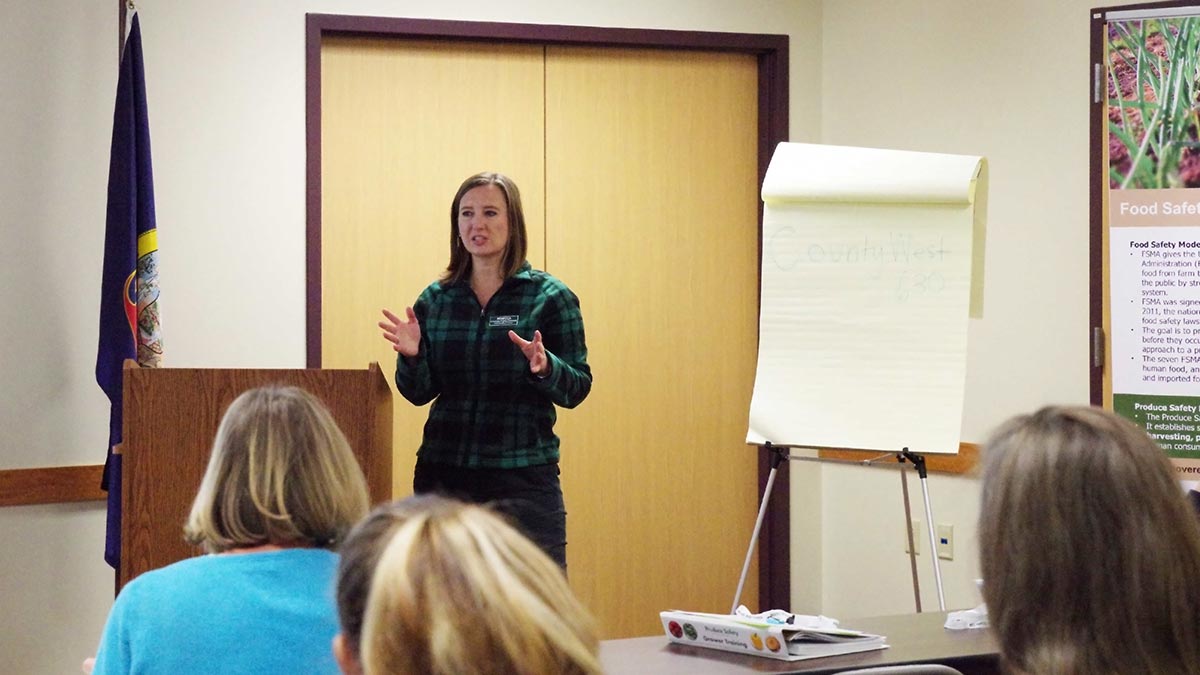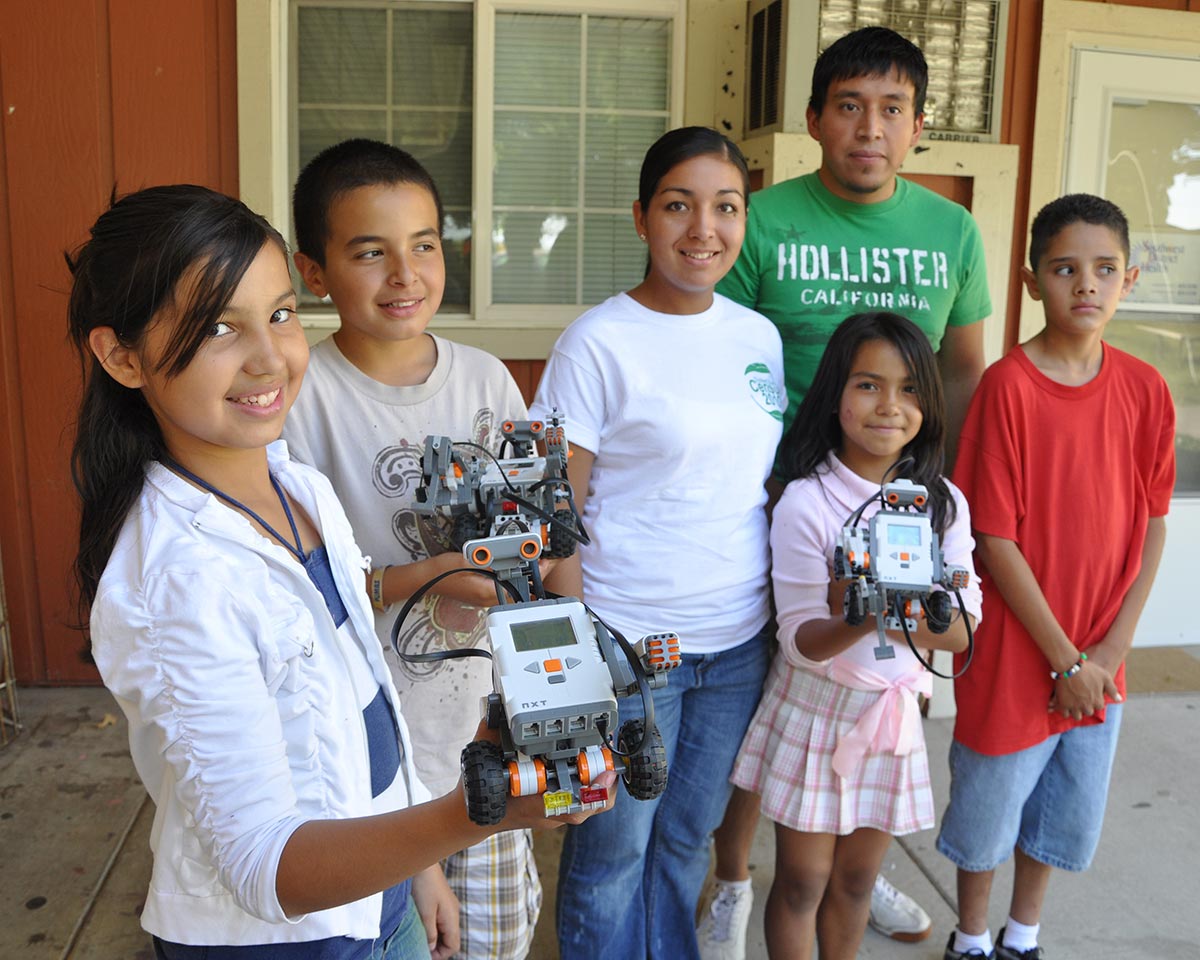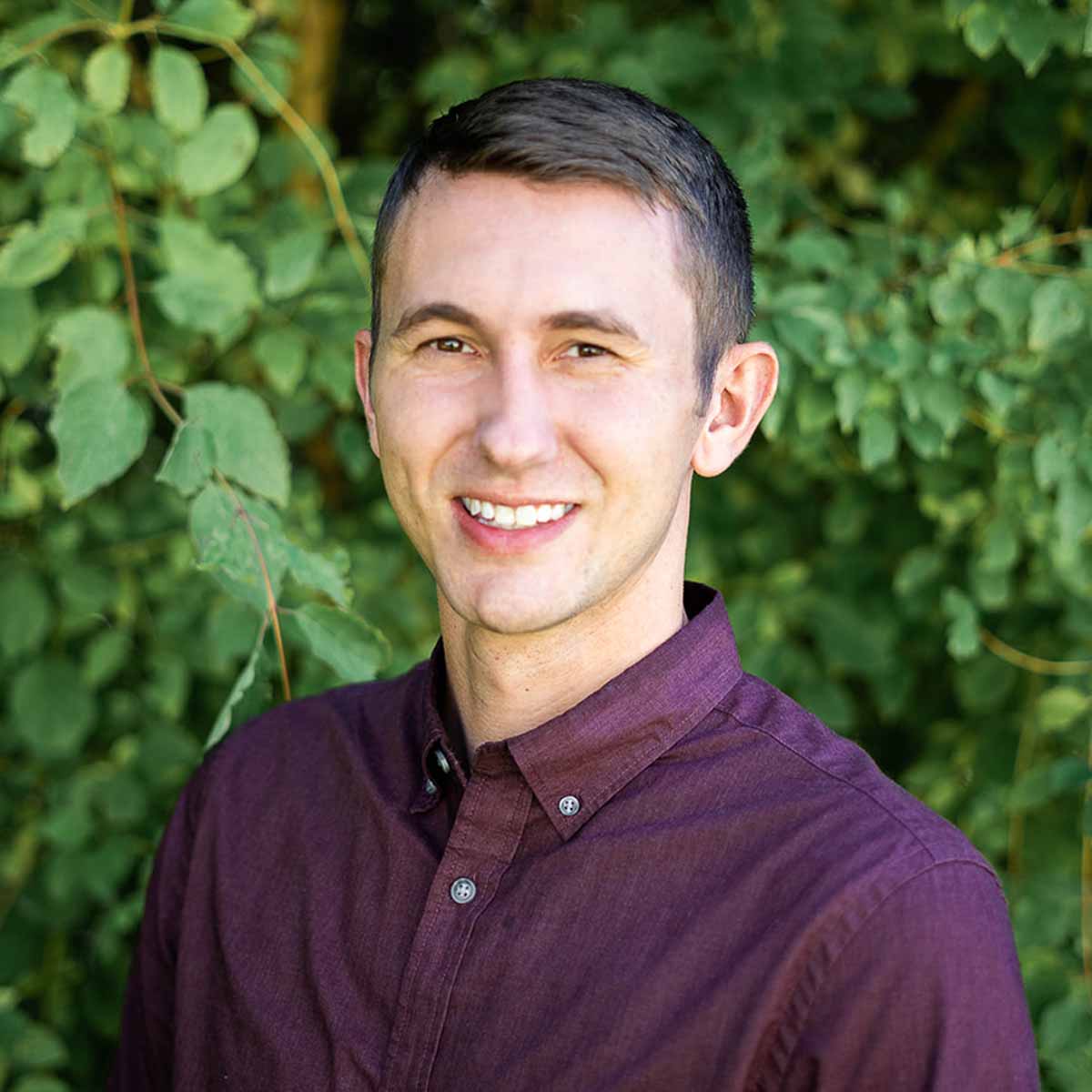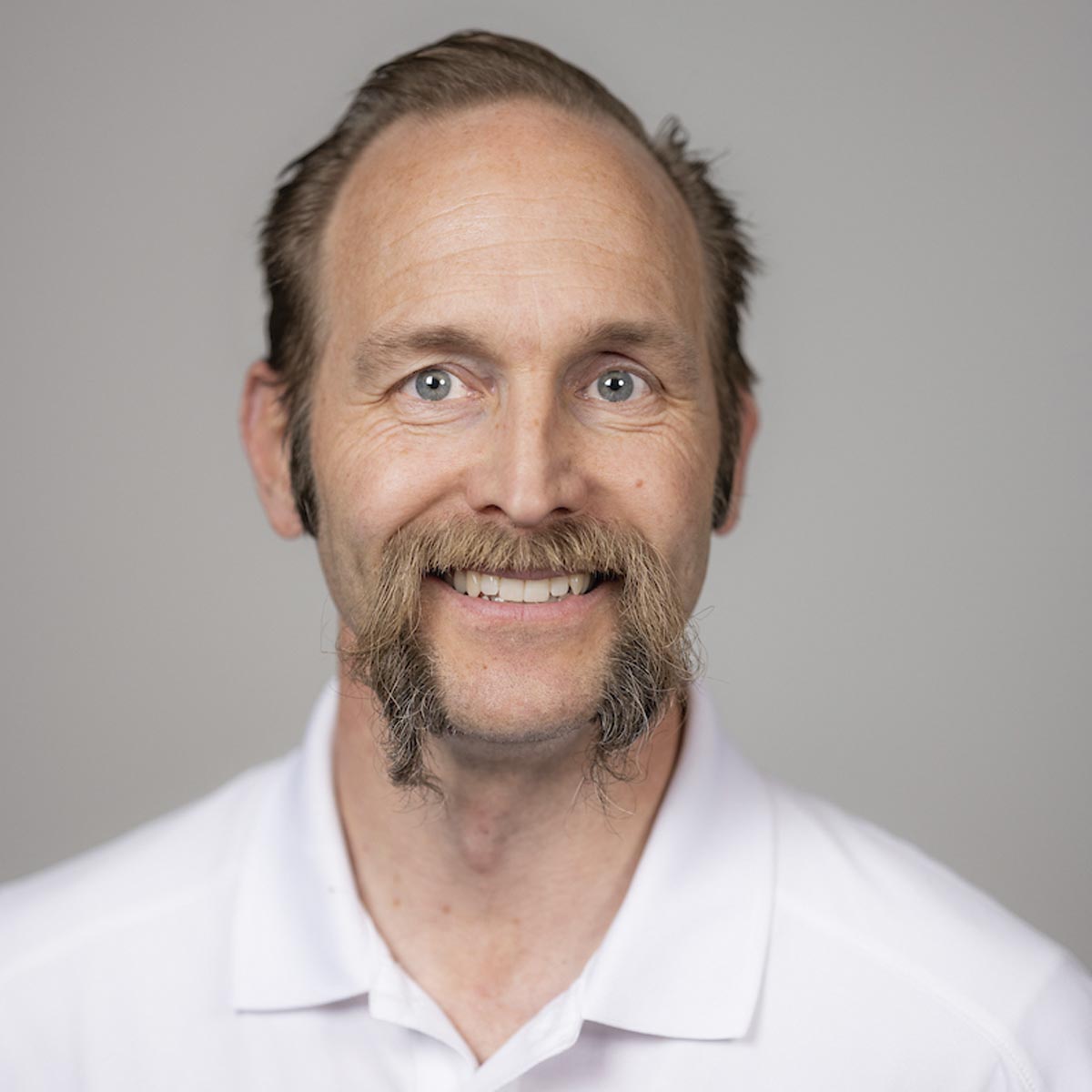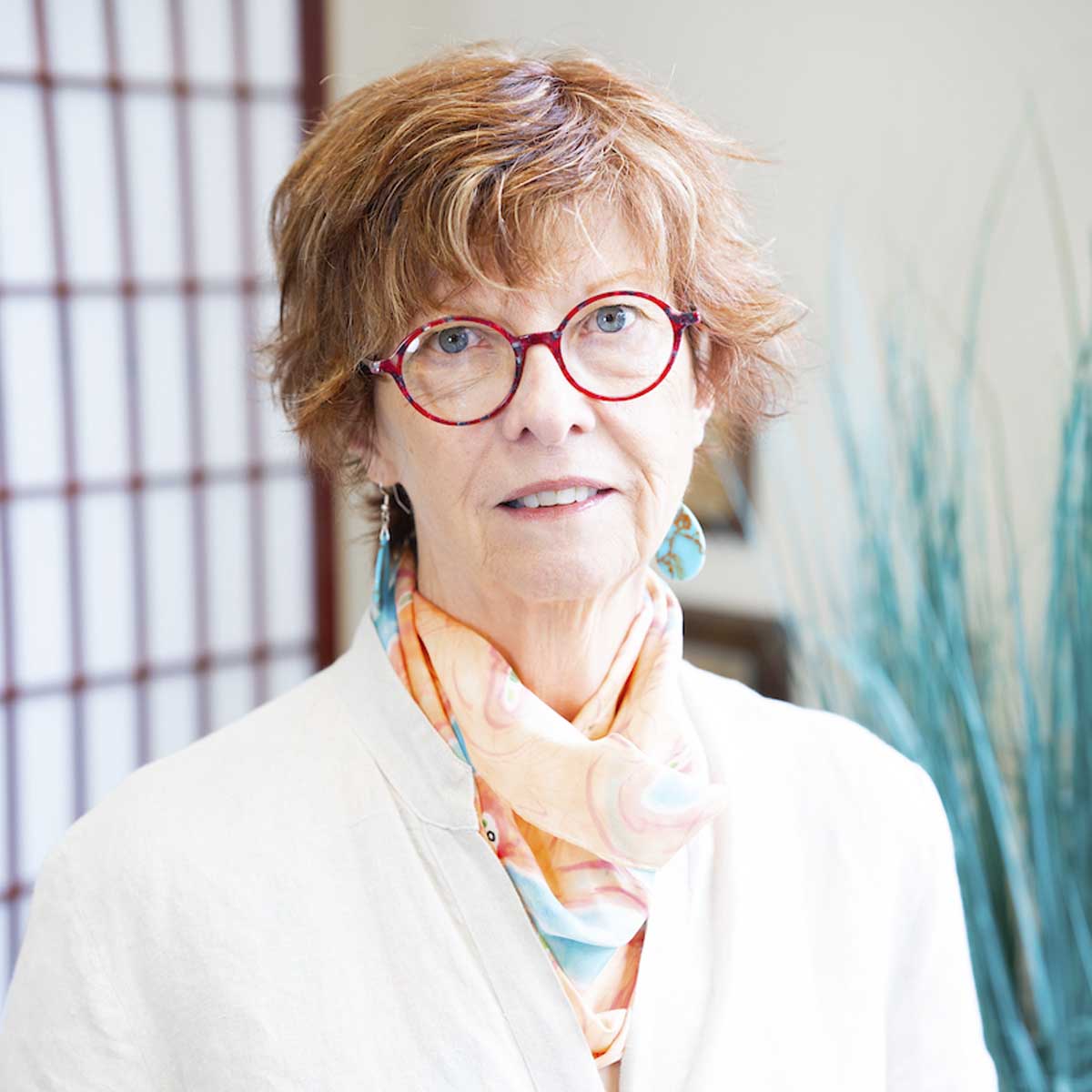Extension ExPress, June 2018
Director’s Message — Summer in Action
Summer is a time when UI Extension county offices and research and Extension centers are a hub of activity.
4-H youth are working on their projects and are participating in a wide variety of 4-H day camps hosted by our 4-H faculty, staff and volunteers across our entire state. Master Gardeners are putting to use the knowledge they learned in the classroom this spring by contributing volunteer hours answering horticulture questions, hosting tours and giving presentations.
At our research and Extension centers, variety trials as well as other research plots have been planted as we are seeking new ways to improve the sustainability and profitability of agriculture while also preserving our natural environment. Studies are being conducted in the area of beef cattle to improve feed efficiency by increasing the length of the grazing season. We send out alerts and provide education to help reduce risks of disease and pests to human health, our growing crops, the environment and the economy.
I consider it a joy and a privilege to serve the people of Idaho as we work together to build a thriving, prosperous, healthy Idaho.
Barbara Petty
Associate Dean & Director of UI Extension
Extension Impact
Idaho Youth Attend NASA Solar Eclipse Camp
In August 2017, hundreds of thousands of people traveled across the United States to experience a rare solar eclipse inside the path of totality.
Among them were 10 youth from the Coeur d’Alene tribe, who had the chance to experience the eclipse through the NASA Youth Solar Eclipse camp in Warm Springs, Oregon.
The camp was sponsored by the NASA Science Mission Directorate, the Warm Springs Eclipse Project, and the Northwest Earth and Space Sciences Pipeline (NESSP), a collaborative K-12 education effort serving students, teachers and communities throughout the Pacific Northwest.
In High Demand
Commodity markets have experienced extreme volatility and drastic shifts over the past five years. As a result, Idaho farmers are struggling to secure competitive prices for their crops and meet their costs of production.
In an effort to overcome this crisis and educate farmers on how to protect themselves in this marketplace, a new commodity marketing curriculum was created collaboratively by University of Idaho Extension, the Idaho Barley Commission and the U of I College of Agricultural and Life Sciences’ Agricultural Commodity Risk Management Program.
Preventing Foodborne Illness
Rebecca Mills was watching a blueberry harvest in Oregon when she realized how important it is for consumers to wash produce to prevent foodborne illness.
“You hope the farm workers are doing their due diligence with washed hands or that they aren’t picking berries that have been contaminated by bird droppings,” Mills said. “It made me want to say ‘thank you’ to the workers and then still do my part and wash my berries.”
As an associate Extension educator with University of Idaho Extension, Mills does her part to prevent foodborne illnesses by educating Idaho produce farmers about requirements of the Food Safety Modernization Act (FSMA). The regulatory act was signed into law in January 2011 with an objective to prevent food-contamination issues from the beginning of the production process — on the farms themselves. Mandatory compliance began in 2017 and will continue through 2024.
According to the Center for Disease Control and Prevention, one in six people in the Unites States get sick and 3,000 people die from foodborne illness each year. Disease-causing pathogens such as E. coli, salmonella and Listeria monocytogenes are of concern in fresh produce consumption.
“We don’t want people to get sick from foodborne illness,” Mills said. “The way to prevent it is to keep everything clean, and that starts at the farm. We have the responsibility as consumers to keep our homes clean, our knives clean, so there is much we can do to be prepared to prevent foodborne illness in our home. The FSMA takes it a step closer to the field, so the farmer can share responsibility to keep food clean.”
The Idaho State Department of Agriculture (ISDA) partnered with UI Extension to prepare produce farmers for compliance dates. Through community connections, rapport with local farmers and built-in education models, UI Extension was in position to train commercial farms on the regulations.
UI Extension provides on-site reviews and in-person trainings to help produce farmers improve their operations and clarify how the new regulations apply to them. From November 2017 to February 2018, Mills and a team of UI Extension faculty and ISDA staff offered eight full-day trainings throughout Idaho.
Participants learned about food safety, the requirements of new federal produce-safety rules, and good agriculture practices like sanitation, manure management and water use which reduce the risk of contaminates on produce.
Though the regulations are described as new, most produce farmers have been doing some of these things for a long time, Mills said. A farm that has a lot of wildlife nearby, for example, already tests its water to make sure it’s clean and doesn’t contain animal pathogens.
“I don’t want to paint a picture that the farmers haven’t been doing a good job,” Mills said. “Because most of them have been following these practices. This regulation offers checks and balances, when before we operated on good faith.”
Even if farmers have been following food-safety practices, they might be unsure about regulation trainings and if they have been following proper procedures.
“When they come to trainings, they realize they are already doing a good share of what is required, and UI Extension is a resource to get them up to speed before the regulator comes to their farm,” Mills said.
Not only does the Food Safety Modernization Act ensure that Idaho’s agriculture meets national standards, but the regulations extend beyond U.S. borders.
“The food supply in America is one of the safest in the world,” Mills said. “One way we are validating that is by applying these standards to imported goods — all our international folks have the same standard on imported goods. There can be confidence that if a consumer can’t eat local, then they can still trust the international produce because the same standards apply.”
Article by Aubrey Stribling, University of Idaho Extension
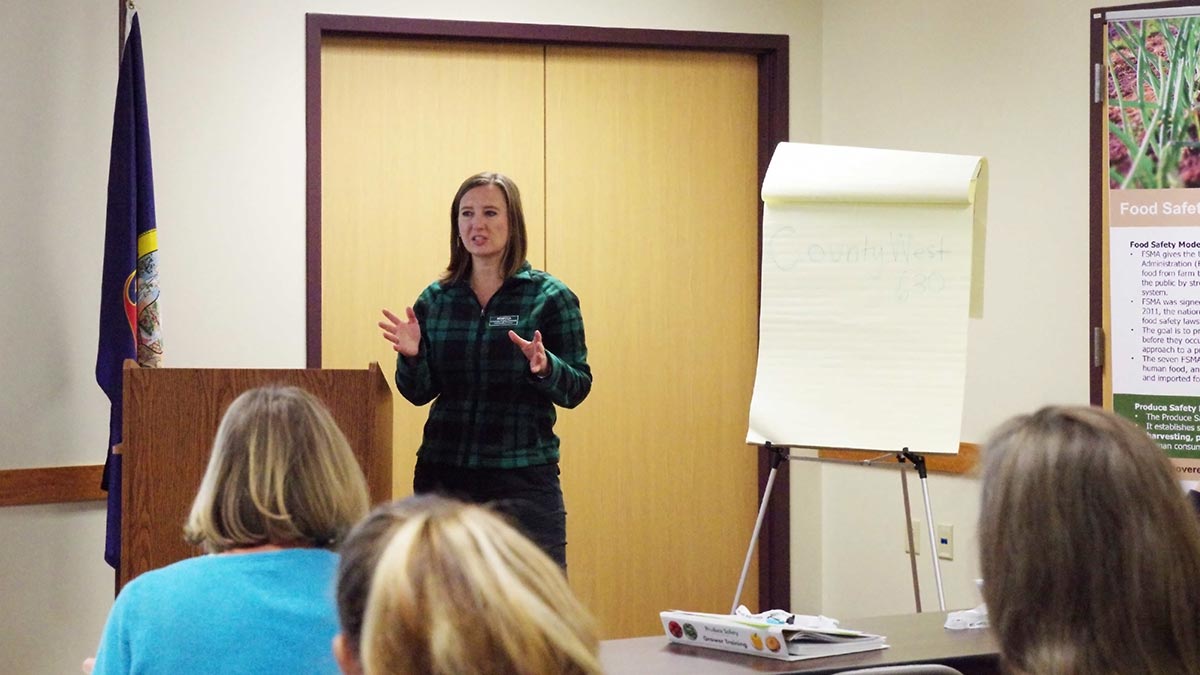
Supporting the Beef Industry
The Nancy M. Cummings Research, Extension and Education Center is the university’s primary cow-calf and forage research station. Located in Carmen, the center provides land and facilities for beef cattle research and extension activities.
Cow-calf and Forage Research
Providing education for the livestock industry and learning opportunities for University of Idaho students.
Creating Teen Leaders
When Farmway Village teenagers outgrew the 4-H afterschool programs offered in their low-income apartment complex near Caldwell, they asked University of Idaho Extension educator Liliana Vega to create more classes.
“They said, ‘What about us? How do we participate? We still need something,’” Vega said.
Farmway Village is a former labor camp that was converted into seasonal-worker housing. Residents already face significant hurdles regarding access to public afterschool programming in the form of transportation limitations, poverty and the mobile lifestyle of migrant families. To be restricted from programming due to age as well would be hard on students who craved learning, and Vega felt it to be an unnecessary barrier.
Vega created the 4-H Farmway Village Teen Leadership program in 2010 in partnership with AmeriCorps Vista to address the need brought forth by residents. This program provided teens with expanded LEGO robotics classes, as well as classes in cooking skills, healthy living and college preparation.
After noticing the teens’ leadership potential, program directors refocused these programs into venues for giving back — to the younger kids and the community.
Today, teens act as mentors and teachers assistants in the 4-H afterschool programs for grades K-5 at Farmway Village and other sites. These afterschool programs are offered as a series of healthy living and science, technology, engineering, art and math activities (STEAM). Teens in the Farmway leadership program help Vega and other leaders run the activities.
Also built into the program are volunteer opportunities. 4-H youth learn of upcoming community events through program directors and sign up to help with different activities. This introduces the teens to interactions with diverse populations and forces them to hone their interpersonal skills.
“The kids have more community awareness,” Vega said. “And the personal changes the kids go through — from being super shy to giving presentations in front of hundreds of kids. They make goals to overcome their struggles; one of the shy students, her senior project was public speaking.”
Vega has seen her students gain incredible skills and experiences as they teach other students. Two 4-H youth from Farmway, Lorena Rivera and Kimberly Lopez, participated in Teen Advocates for Healthy Living, a 4-H program where older kids mentor younger kids on nutrition and food preparation. Rivera and Lopez met with former President Barack Obama in May 2015 to talk about creating more opportunities for youth.
“Farmway teens are asked to take on leadership roles,” Vega said. “Like the Culture of Health project and serving as officers in state 4-H leadership. Many of these kids are freshmen. People are in awe when I tell them what grades they are in.”
Vega has noticed that a program like 4-H Farmway Village Teen Leadership needs community support to be sustainable. Outside interest, volunteering through the 4-H program or contributing donations through program partners like Teach for America and McCall Outdoor Science School, would help maintain the program framework that gives these youth a safe place to practice life skills and dream of futures they might not have otherwise imagined for themselves.
“I know where their families came from and it’s rewarding that despite difficulties they have to see them forge ahead,” Vega said. “Seeing kids step up in leadership and give back to the community is why it’s worth doing what we do.”
Article by Aubrey Stribling, University of Idaho Extension
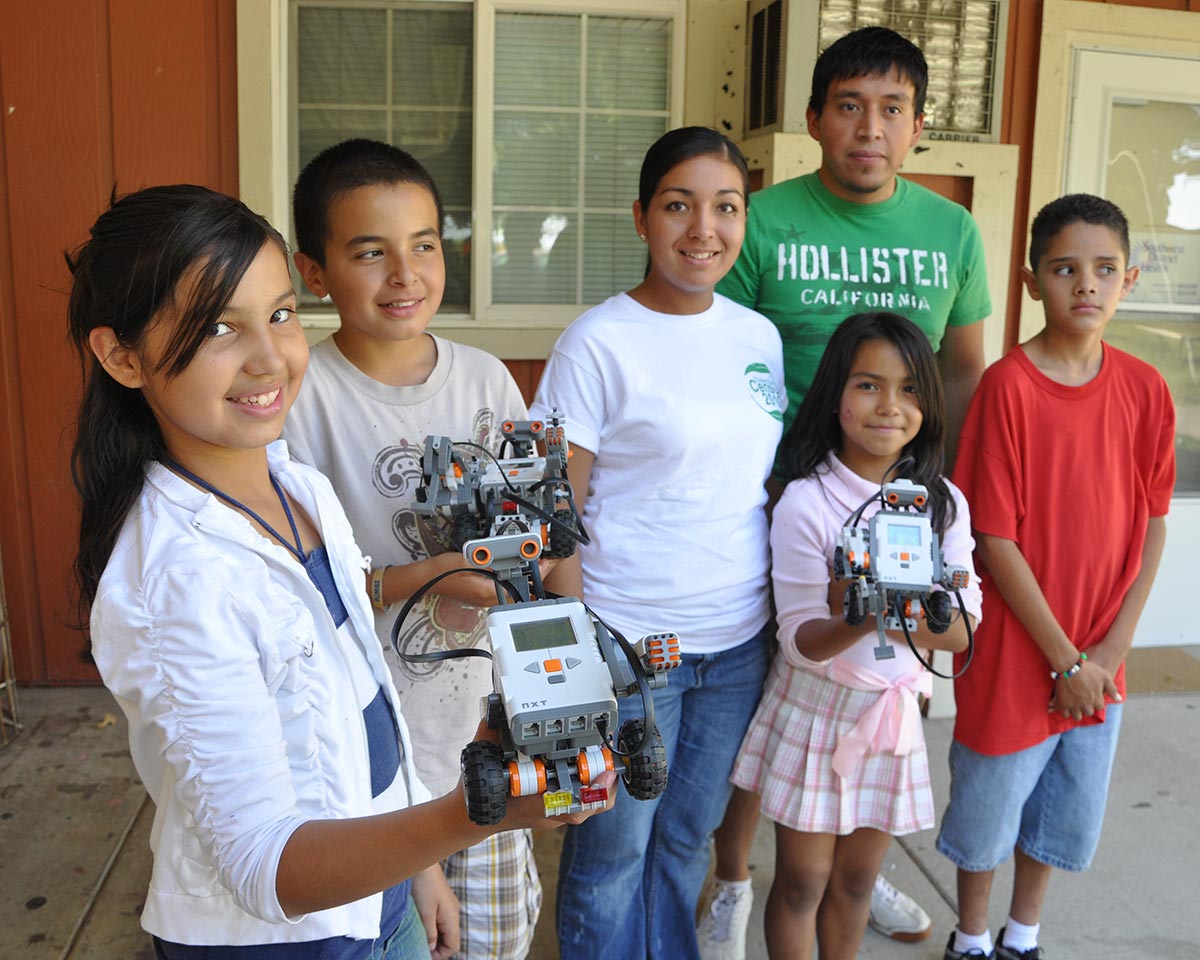
Faculty Spotlight
UI Extension is pleased to welcome new educators Andrew Bingham, Laura Foist and Andy West.
Andrew Bingham
Extension Educator and County Chair — Family & Consumer Sciences & Financial Management
Andrew Bingham is located in the UI Extension, Ada County office with a specialization in family and consumer sciences and financial management. He received a bachelor’s in financial economics from BYU-Idaho and a master’s in finance from the University of Utah. He has worked previously in private industry and briefly with the Idaho Transportation Department.
Extension ExPress | June 2018 | University of Idaho Extension
Laura Foist has joined the UI Extension, Bannock County office as the Extension Educator focusing on family and consumer sciences and Eat Smart Idaho programming. She received a bachelor’s in food science at Brigham Young University and a master’s in nutrition and food science from the University of Wyoming. While at Wyoming, she researched what nutrients were higher in edible plants that grow wild in Wyoming.
Andres “Andy” West
Extension Educator — Horticulture
Andres “Andy” West is the new Extension Educator specializing in horticulture for UI Extension, Twin Falls County. He has worked in the horticulture industry for more than 20 years in many aspects including native plants, maintenance, greenhouse and education. He has a bachelor’s in horticulture and a master’s in higher education with an emphasis on teaching and learning from Kaplan University — Online.
UI Extension would like to offer a heartfelt thanks and best wishes to Sonya Meyer and Harriet Shaklee.
Sonya Meyer
Professor & Collections Manager
Sonya Meyer has served as the director of the University of Idaho’s Margaret Ritchie School of Family and Consumer Sciences and UI Extension family and consumer sciences program leader for the past six years. She will be stepping back from her administration role at the end of June to return to a teaching and research faculty position at U of I. Marnie Spencer, Eastern District Director, will be serving as the family and consumer sciences program leader going forward.
Harriet Shaklee, Extension family development specialist and professor in the Margaret Ritchie School of Family and Consumer Sciences, will retire June 30 after 21 years of service and dedication to U of I. Harriet’s focus included rural families, transition to adulthood, early childhood issues for parents, emergent math and literacy, work and family, and grandparents raising grandchildren. She has 45 publications in professional journals, seven peer-reviewed curricula and parent resources, six national team awards for Extension programs, $4.5 million in grant awards, and she received U of I awards for Innovation and for Excellence in Outreach and Engagement and College of Agricultural and Life Sciences awards for Excellence in Extension and the Extension Diversity Award.
Featured Publication
Working with a Professional Forester (CIS 1226)
Forest management effects can be long lasting, so it is appropriate to do some research and make thoughtful decisions. Different types of assistance are available to help family forest owners make management decisions. This publication explains what professional foresters are, what sort of work they do and how they can help family forest owners manage their forests.
Feedback or suggestions? Please pass them along through calsnews@uidaho.edu.
Sign up to receive Extension ExPress as a quarterly e-newsletter.








